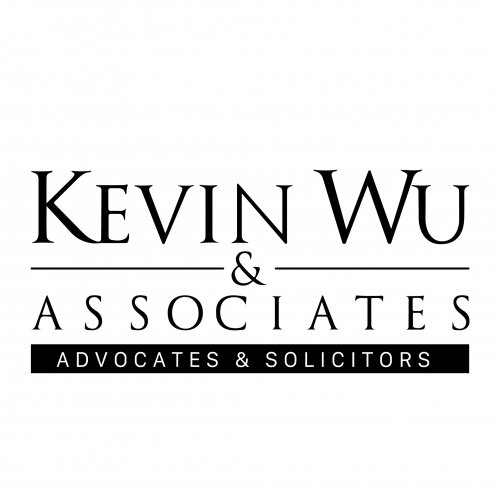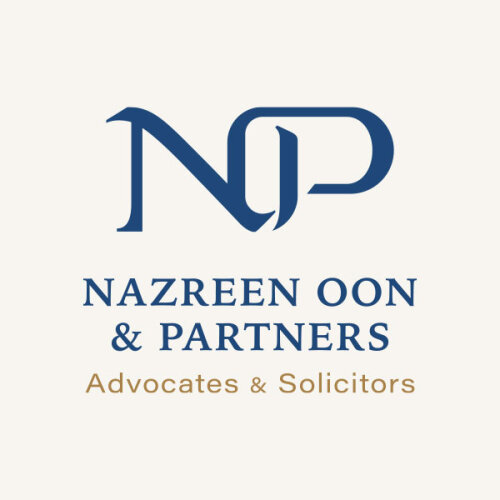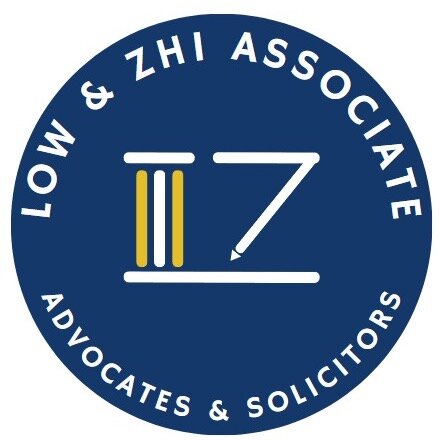Best Defamation Lawyers in Kuala Lumpur
Share your needs with us, get contacted by law firms.
Free. Takes 2 min.
List of the best lawyers in Kuala Lumpur, Malaysia

About Defamation Law in Kuala Lumpur, Malaysia
Defamation, in Kuala Lumpur and the wider region of Malaysia, refers to the act or behavior that harms the reputation of an individual or entity. Defamation can occur through spoken words (slander) or in a published form such as writings or images (libel). Malaysia's Defamation Act 1957 and the Communications and Multimedia Act 1998 are among the prevailing laws that outline the procedures and penalties for offenses related to defamation.
Why You May Need a Lawyer
Defamation cases can be complex, requiring the illustration of how a statement or publication damaged your reputation. You might need a lawyer if your reputation has been harmed through false claims or damaging media publications. A lawyer can also prove essential if you are falsely accused of defamation, as you'll need a strong defense to avoid severe legal penalties - monetary fines, even imprisonment.
Local Laws Overview
In Kuala Lumpur, Malaysia, the Defamation Act primarily governs the law of defamation. The law classifies defamation into two sections: slander and libel. Slander, the spoken form of defamation, has a lower penalty than libel, the written form. The law requires the plaintiff (the person making the complaint) to prove that the defendant (the person being accused) published a defamatory statement that harmed the plaintiff's reputation. It's also critical for the plaintiff to prove that the statements were false. The defendant, however, has multiple defenses, including truth, privilege, and opinion, which if proven, can nullify the defamation claim.
Frequently Asked Questions
1. What is the difference between libel and slander?
In Malaysia, libel refers to written or published defamation, while slander refers to spoken defamation. Libel cases generally attract heavier penalties because written words tend to have a broader and lasting impact.
2. What defenses can someone use when accused of defamation in Kuala Lumpur?
There are mainly three defenses to a defamation claim: justification (proving the statement was truthful), absolute privilege (statements made in certain situations such as inside Parliament), and qualified privilege (statements made in good faith without malice).
3. Is freedom of speech a defense to defamation?
While Malaysia acknowledges freedom of speech in its Federal Constitution, this does not give anyone the right to make defamatory statements. The right to freedom of speech is limited and can't infringe another person’s right to protect their reputation.
4. How can I prove I've been defamed?
Primarily, you need to prove that a false statement about you has been published, the statement defamed you, and it has caused damage to your reputation.
5. What is considered 'damage to reputation'?
'Damage to reputation' often refers to societal disapproval, leading to a loss of social or professional status, business opportunities, or causing personal distress and annoyance.
Additional Resources
In addition to hiring a qualified lawyer, it could be beneficial to consult organizations such as the Kuala Lumpur Bar Committee's Legal Aid Centre or the Malaysian Communications and Multimedia Commission for advice. These organizations provide several resources that can be useful in understanding your legal rights and options.
Next Steps
If you believe you've been a victim of defamation or you're accused of defamation, your next step should be to consult with a lawyer specializing in defamation law. Compile any relevant evidence, such as messages, articles, or social media posts, to present to your lawyer. It's especially critical to document any proof of damages, like business loss or public humiliation, resulting from defamatory statements.
Lawzana helps you find the best lawyers and law firms in Kuala Lumpur through a curated and pre-screened list of qualified legal professionals. Our platform offers rankings and detailed profiles of attorneys and law firms, allowing you to compare based on practice areas, including Defamation, experience, and client feedback.
Each profile includes a description of the firm's areas of practice, client reviews, team members and partners, year of establishment, spoken languages, office locations, contact information, social media presence, and any published articles or resources. Most firms on our platform speak English and are experienced in both local and international legal matters.
Get a quote from top-rated law firms in Kuala Lumpur, Malaysia — quickly, securely, and without unnecessary hassle.
Disclaimer:
The information provided on this page is for general informational purposes only and does not constitute legal advice. While we strive to ensure the accuracy and relevance of the content, legal information may change over time, and interpretations of the law can vary. You should always consult with a qualified legal professional for advice specific to your situation.
We disclaim all liability for actions taken or not taken based on the content of this page. If you believe any information is incorrect or outdated, please contact us, and we will review and update it where appropriate.













